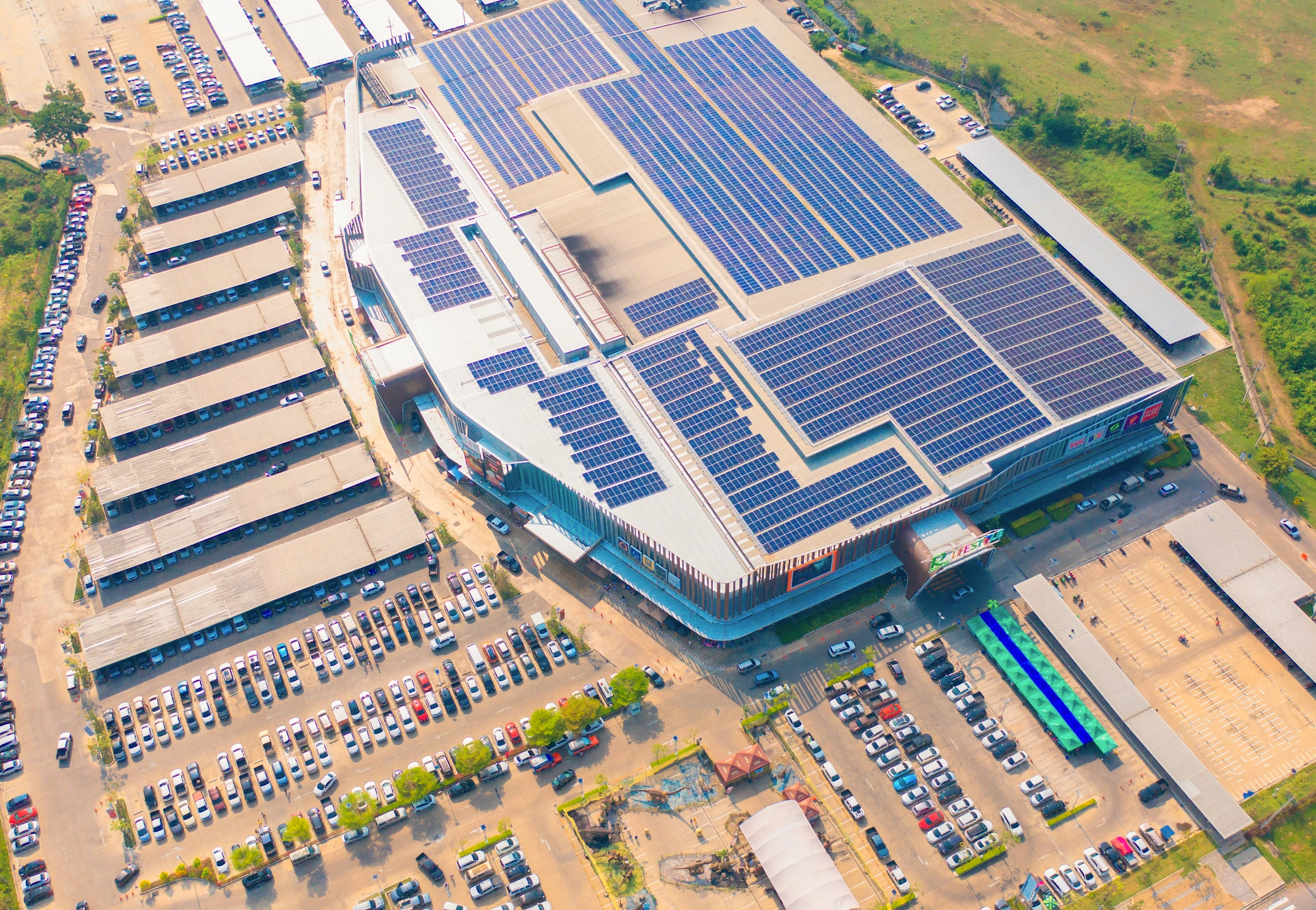Overcoming Apprehensions and Concerns in India’s Commercial and Industrial Segments
- misun energy
- Dec 11, 2024
- 3 min read
Introduction:
The adoption of rooftop solar in India’s commercial and industrial (C&I) sectors presents a compelling opportunity for businesses to achieve cost savings, energy independence, and sustainability. Despite the evident benefits, apprehensions persist among potential adopters. Let's address these concerns or fears and illuminate the path to a brighter, solar-powered future.
Addressing Common Apprehensions:
Initial Investment: A prominent concern is the perceived high initial cost. It's important to highlight the various financing options available, which can significantly mitigate upfront expenses. For example, misun® energy’s easy financing option enables purchasers to pay only 20% upfront which is refundable after loan tenure of 5 or 7 years. The solar loan is easily repaid with the excess savings the solar plant generates, making it almost a zero-cost solution and purchaser can enjoy the benefits for 20 years or more.
Additionally, government incentives and subsidies can further reduce the financial burden. For example, C&I consumers can avail 40% accelerated depreciation benefit in income tax, which further reduces the net outflow upfront, in case purchaser is the owner of the plant. ROI comes 25%-35% or even more depending on the DISCOM’s tariff and annual increase, making it a very attractive proposition with a very low investment.
Performance and Reliability: Some businesses worry about the efficiency and reliability of solar panels. Recent advancements show that solar panels and their components have undergone remarkable improvements and drastic cost reductions in the past decade. Thanks to significant research and development expenditures by global manufacturers, we now have access to refined products that are both more affordable and more efficient. Today, the cost of adopting solar technology is a fraction of what it was ten years ago, and the energy output per square meter has significantly increased due to higher efficiency panels.
Modern solar technology has advanced significantly, offering high-efficiency panels with long warranties and minimal maintenance requirements. With proper design, good quality panels and workmanship, rooftop solar systems can provide consistent and reliable energy for decades. Since bulk of energy consumption happens in day work time, solar plants effectively replaces the grid energy with solar energy. Consumptions in night time can be offset by net-metering and other arrangements.
Regulatory and Policy Concerns: Navigating the regulatory landscape can be daunting. However, various state governments in India have implemented supportive policies to promote rooftop solar. Partnering with experienced solar companies like misun® energy can help businesses understand and comply with local regulations, ensuring a smooth and hassle-free installation process. At misun® energy, complete Design-Build including regulatory approvals are undertaken as turnkey concept, making the process easier and hassle-free for the purchaser.
Impact on Core Business Operations: Some C&I customers fear that installing solar panels might disrupt their core operations. Professional installers like misun® energy work meticulously to minimize disruptions, often completing installations within a short timeframe. Moreover, the long-term benefits—reduced electricity bills, energy security, and a positive environmental impact—far outweigh the temporary inconvenience.
Advantages of Solar Adoption:
Cost Savings: One of the most compelling reasons to adopt rooftop solar is the significant cost savings on electricity bills. Businesses can achieve a return on investment (ROI) of 25-35% or even more, making it a financially attractive option.
Environmental Impact: By switching to solar energy, businesses contribute to reducing carbon emissions and combating climate change. This enhances their corporate social responsibility (CSR) profile and can improve their brand image. Adopting solar energy also indicates the company’s commitments towards sustainable operation, which is preferred by their buyers alike.
Energy Independence: Rooftop solar systems provide energy independence, reducing reliance on grid power which keeps increasing every year and protecting businesses from rising electricity costs.
Sustainability Goals: Adopting solar aligns with global sustainability goals and can help businesses meet their own environmental targets, fostering a greener and more sustainable future, including ESG compliance and RE100 initiatives.
Conclusion:
The transition to rooftop solar in India's C&I sector is not just a step towards sustainability; it's a strategic move for businesses aiming to secure long-term financial and operational benefits. By addressing common concerns and highlighting the numerous advantages, we can encourage more businesses to embrace solar energy and contribute to India's renewable energy goals.
Remember: The sun is not just a source of light; it's a beacon guiding us towards a sustainable and prosperous future. Let’s harness its power wisely.







